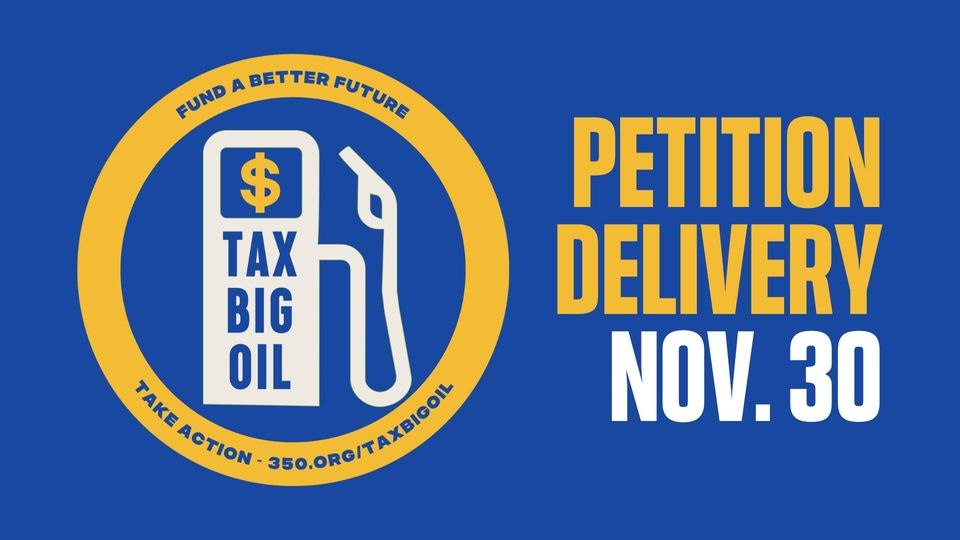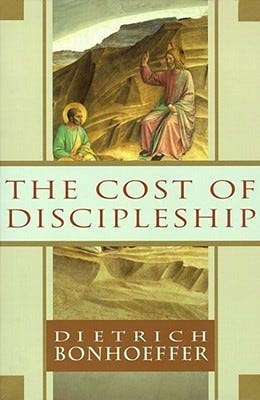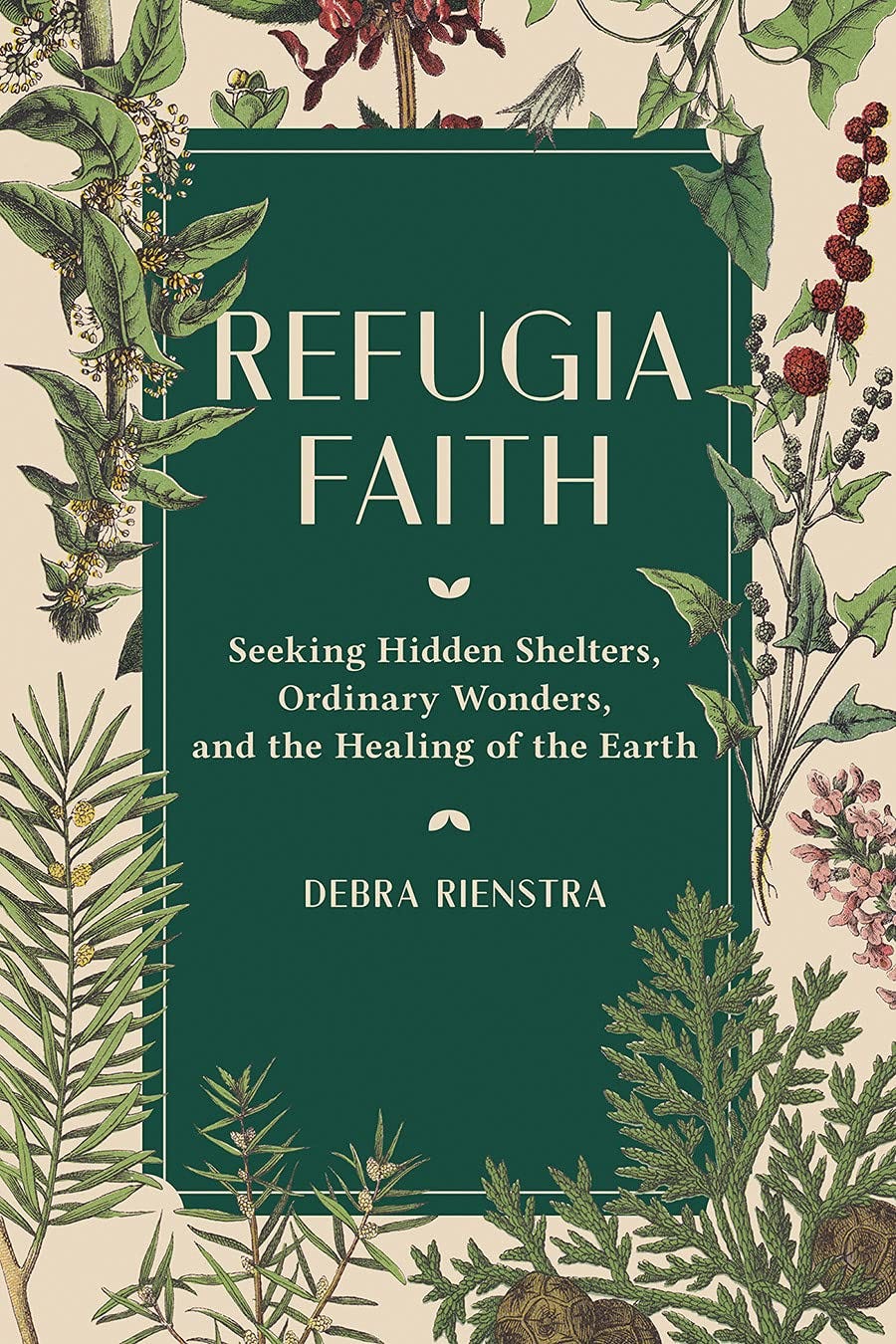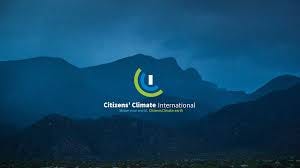Advent Reflection 1: A New Way of Understanding
Happy Advent! Here we sit, in the first week of holy waiting, lighting the candle of hope, knowing that Hope came into the world through Jesus, and will come again, in fullness.
The season of Advent teaches us so much about waiting; what it means to wait, and what happens in the waiting. With the powerful metaphor of pregnancy to guide us, we learn about the poignancy, the presence that there is in waiting, and its expectancy. Mary would have felt all of this; her experience echoes down for us through the generations of faithful believers.
I would like to invite you to think about Advent waiting in an additional way this year. I invite you to think, pray and reflect on what waiting means in deep time, within the context of a 13.8 billion universe of which we are a part. What does it mean, in Advent, to wait for the birth of the Incarnate One, inside a world, a whole universe, in which matter has become incarnated over billions of years? It is into this 13.8 billion-year universe that Jesus was born, lived, died, and was resurrected; it is into this same evolving, creating, growing universe that he has promised to return again, in the fullness of God’s reign.
Each week, I will offer a Scripture passage and a few words for you to ponder, as part of your Advent preparations.
Advent Reflection
Advent 1: A New Way of Understanding
4 I give thanks to my God always for you because of the grace of God that has been given you in Christ Jesus, 5 for in every way you have been enriched in him, in speech and knowledge of every kind— 6 just as the testimony of Christ has been strengthened among you— 7 so that you are not lacking in any spiritual gift as you wait for the revealing of our Lord Jesus Christ. 8 He will also strengthen you to the end, so that you may be blameless on the day of our Lord Jesus Christ. (1 Corinthians 1:4-8, NRSV)
In this passage, we are called to wait expectantly for the revelation of Jesus Christ. Perhaps it might help us to realize that Jesus came to us fully human, embodied entirely as an Earth creature, part of the Earth community. Despite some more supernatural ways of thinking of the birth of Christ, it can be helpful to remember that Jesus was born into this world through evolution; through the powerful, surprising, and still mysterious process of life changing, growing, and evolving to meet the conditions and needs of the wider ecosystems.
The deep Mystery that is born into the world with, in and through Jesus Christ has emerged from the same deep time from which each one of us has emerged. God, who created us and is continuing to create, brought the universe into being 13.8 billion years ago in a moment of such exquisite precision, that if the Big Bang has been a trillionth of a second slower or faster, it would have either imploded or exploded back into the nothingness that was there before.
My faith tells me, then, that God knew, at that fateful precision point 13.8 billion years ago, that one day, on a planet that wouldn’t come into existence until 4.5 billion years ago and on which life wouldn't emerge until 3.7 billion years ago, that one day Jesus would be born. God knew, so long ago in deep time, that one day the Incarnate One would come into the world, through the processes of the universe and evolution, and change everything. One day.
So God knows something about waiting, yes? God knows about the liminal experience of waiting, when it seems to take so long, whatever it is we are waiting for. When we don’t know if our expectancy can hold on! I invite you to take some time this week to pray. Pray with Mary, if you wish. Pray into the deep time from which we all come, the deep time that brought forth the stars and the galaxies, the supernovas and the sun, the Earth and its mysterious process of life. Pray into the deep time that brought forth Jesus, the one whom we wait for this Advent. Pray, and let yourself sink into that deep time, such a long time of expectancy. Such a long time waiting for Hope to be born, and for Hope to come back again.
Announcements
Tomorrow, I am joining a short rally with 350 Canada, Greenpeace Canada, Leadnow and local climate activists to deliver more than 35,000 petition signatures to Prime Minister Trudeau calliing on him to tax big oil and fund a just transition to renewable energies. Please join me! Details are as follows:
When? Wednesday November 30, 12 noon
Where? 80 Wellington, Ottawa (this is the PM’s office)
For more information go to: https://www.facebook.com/events/821809655600381.
Bring a sign if you have one. If you are clergy, consider wearing a symbol of your office (a collar, stole, etc).
If you want to travel there with me (I plan to take OC Transpo), email me (jessica@jessicahetherington.ca), or message me on social media.
BLOG POST: Book Review of EcoActivist Testament by H. Paul Santmire
Find it here: https://jessicahetherington.ca/blog/
Reading for Transformation
There is so much out there to read and learn! Here I suggest two books: one that was useful to me in writing my PhD dissertation, and a more recent volume that I have come across.
The Cost of Discipleship, by Dietrich Bonhoeffer (New York: Simon & Schuster, 1995. Copyright © 1959 by SCM Press Ltd. Translated from the German Nachfolge first published 1937 by Chr. Kaiser Verlag München by R.H. Fuller).
While I did not use German pastor and theologian Dietrich Bonhoeffer’s seminal book on discipleship for my doctoral research, I did draw on it when I taught a university course based on my work called “Discipleship in the New Era: Christian Faith and Lifestyle Change.” Bonhoeffer’s work is a must for understanding the nature and function of Christian discipleship, particularly in responding to the cries of the world. This book, based on Jesus’ Sermon on the Mount, discusses what costly discipleship means (and costly grace verse cheap grace), and how discipleship is lived out in a Christian life.
Refugia Faith: Seeking Hidden Shelters, Ordinary Wonders, and the Healing of the Earth, by Debra Rienstra (Minneapolis: Fortress Press, 2022).
I bought this book a few months ago and cannot wait to get a chance to read it! Rienstra is not a theologian by training – she is an English professor – but this is one of several books in which she explores Christian spirituality. This one is described as a recounting of her process of “reeducation” as a Christian falling in love with the suffering Earth and the divine Mystery at the heart of it all. It looks like it has much to teach us about Christian spirituality and practice in a time of climate and ecological crisis, and how to transform ourselves so as to respond effectively, with our heart, bodies, and minds.
I would love to hear from you about whether you have read either of these books (I suspect at least some of you have read Costly Discipleship!), and whether you intend to. Please let me know.
Discipleship in Action
The news about the ecological crisis, especially the climate crisis, can be overwhelming and discouraging; it is easy to feel that there is little we can do. This isn’t true! There is so much that we can do, concrete actions that we can take now, in response to God’s call upon us as people of faith. Here is one idea.
Observe the Sabbath
My most recent blog post is a review of the book EcoActivist Testament by ecotheologian H. Paul Santmire. At the end of that book, he surprises his readers by talking about the value of “doing nothing,” meaning taking time to rest and rejuvenate in the natural world, spending time reading and getting our hands dirty, and being in community. It is about “being” before “doing,” about resting in our faith as a necessary preparation for the discipleship we are called to.
I think that this is another way of reminding us about the fourth commandment, to keep the Sabbath and make it holy. Beginning from the creation story in which God rests on the 7th day, and moving through the Hebrew Bible with many examples of our ancestors in faith taking time to rest, through to the model of Jesus who regularly took time to nap, pray, and eat, we are reminded that we cannot keep going, going, going, but must take time to stop, rest, and just “be” with ourselves, others, and with God.
This doesn’t mean that we need to literally do nothing on Sundays, or on another day that you choose. Somewhere I saw it suggested that, for Sabbath to be Sabbath, it is meant to be a break from our usual activities, particularly those activities that count as ‘work.’ So, if you normally use your hands for work, then the Sabbath might include reading and reflecting. If, however, you read and write for a living, like I do, then doing something physical is a good way to observe the Sabbath. In all of that, of course, is taking time to pray, worship in community, and spend time with our loved ones.
How is this discipleship in action? How is observing the Sabbath a form of discipleship in response to the ecological crisis? If we don’t take time to rest and renew ourselves, in God, with others and ourselves, then we will burn out. We will risk becoming overwhelmed by despair and ecoanxiety.
There is much to do, yes. And it can happen after the Sabbath, after taking time to rest. Observing the Sabbath is discipleship in action!
I know that I have subscribers who are not Christian, either practicing another faith, or no faith. I would love to hear from you in terms of how you understand this notion of Sabbath within your own tradition, or within your own life in general. Please send me a message! jessica@jessicahetherington.ca
Actions You Can Take
A subscriber sent me the following action that you can take, from your own home, in the wake of COP27. Click on the picture to learn more:











